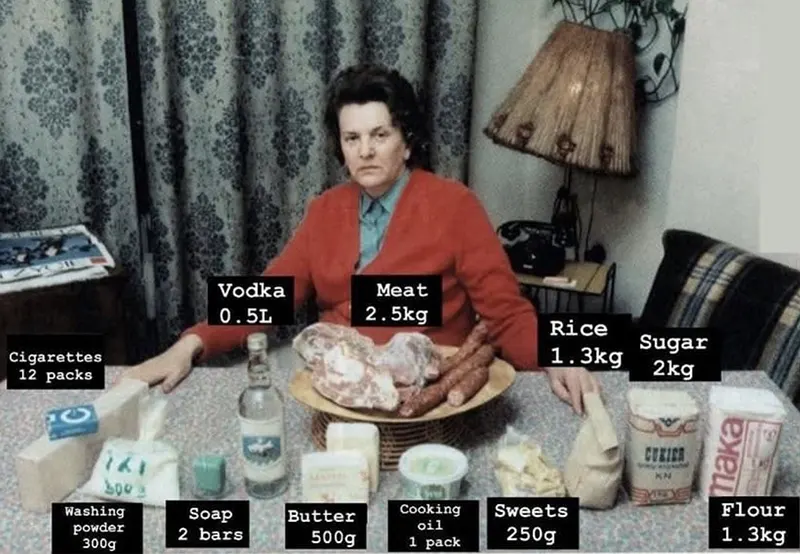this post was submitted on 18 Dec 2024
556 points (99.1% liked)
HistoryPorn
4981 readers
156 users here now
If you would like to become a mod in this community, kindly PM the mod.
Relive the Past in Jaw-Dropping Detail!
HistoryPorn is for photographs (or, if it can be found, film) of the past, recent or distant! Give us a little snapshot of history!
Rules
- Be respectful and inclusive.
- No harassment, hate speech, or trolling.
- Engage in constructive discussions.
- Share relevant content.
- Follow guidelines and moderators' instructions.
- Use appropriate language and tone.
- Report violations.
- Foster a continuous learning environment.
- No genocide or atrocity denialism.
Pictures of old artifacts and museum pieces should go to History Artifacts
Illustrations and paintings should go to History Drawings
Related Communities:
founded 2 years ago
MODERATORS
you are viewing a single comment's thread
view the rest of the comments
view the rest of the comments

I lack the appeal to invest myself into a conversation that will return a zero sum outcome.
It's the College of Cardiologists, in my country, that actively recommends the use of vegetable based butter as a source of safe fats.
This isn't a body easy to get public suport from and false advertising is severely punished in my country, so I risk I'm fairly well informed and safe to eat my vegetable based butter and recommend it to others. And it is vegan safe.
I don't disagree, I'm just pointing out that hydrogenated fat ("margarine") is a problem.
https://bmcmedicine.biomedcentral.com/articles/10.1186/s12916-021-01961-2/figures/1